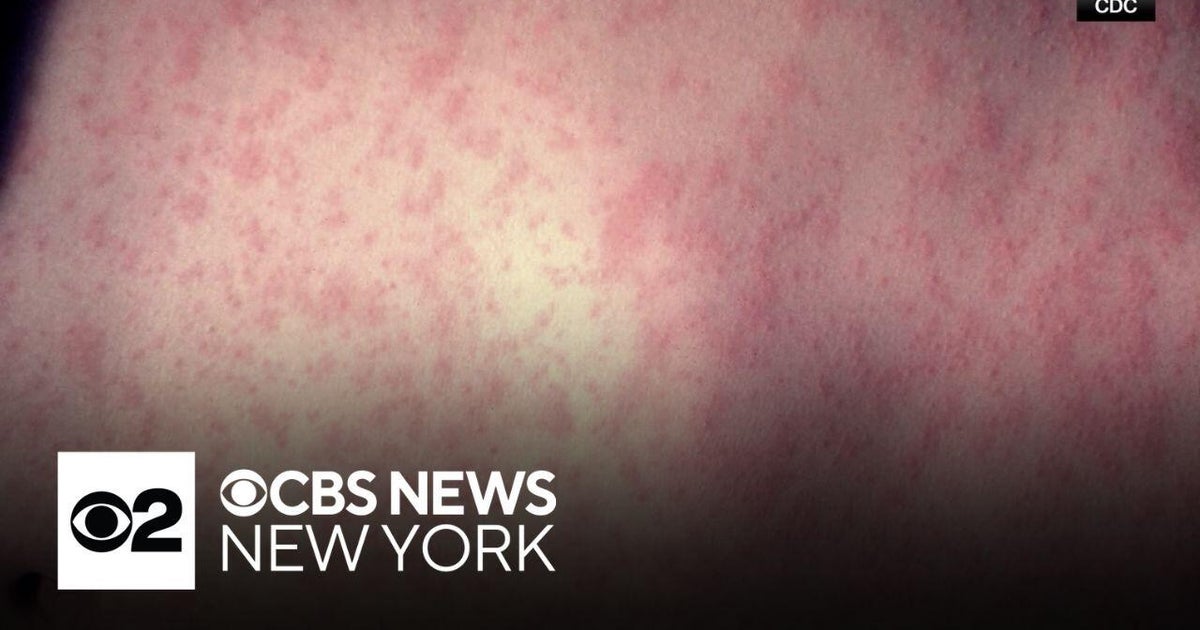Alert: Potential Measles Outbreak Sparks Concern in Mercer County

A Measles Alert: Potential Exposure Raises Concerns in Mercer County
Health authorities in New Jersey are sounding the alarm after identifying potential measles exposure in Mercer County last week. Residents are being urged to stay vigilant and take necessary precautions to prevent potential spread of the highly contagious viral infection.
The New Jersey Department of Health has issued a warning, alerting local communities about possible locations and times where individuals might have been unknowingly exposed to the measles virus. Public health officials are recommending that anyone who may have been in the identified areas during the specified timeframe closely monitor their health and consult with healthcare professionals if they develop any symptoms.
Measles is a serious respiratory disease that can spread rapidly, particularly among unvaccinated individuals. Symptoms typically include high fever, cough, runny nose, and a distinctive red rash. The best protection against the virus remains vaccination, and health experts strongly encourage residents to ensure their immunization records are up to date.
Residents with concerns or questions are advised to contact local health departments or their primary care physicians for personalized guidance and potential screening.
